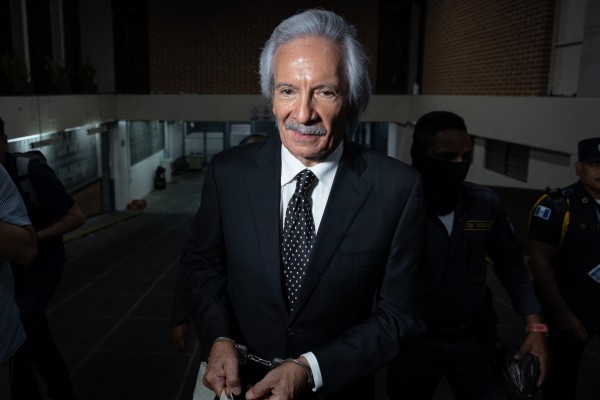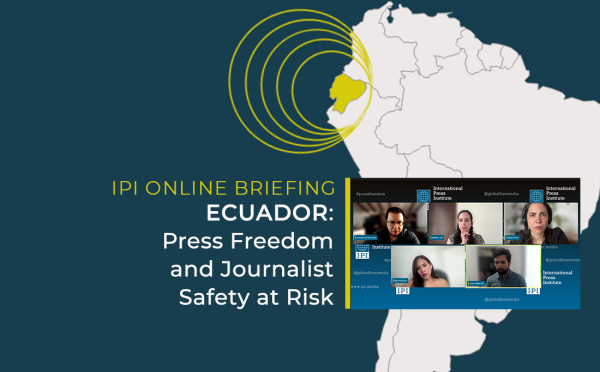The International Press Institute (IPI) meeting in Taipei, Taiwan, for its World Congress and 48th General Assembly (16-19 May), supports the Inter American Press Association’s opposition to the draft Inter American Declaration on Freedom of Expression, prepared by the United States OAS Ambassador Victor Marrero, to be presented before the upcoming General Assembly of the OAS in Guatemala in June 1999.
IPI believes that the draft declaration poses a threat to freedom of expression in the Western hemisphere, and agrees with the joint criticism expressed by the Inter American Press Association and the Inter American Institute of Human Rights (IIHR), which concludes that the draft declaration represents a step backward, as it allows for restrictions not currently in places, weakens existing freedom of expression safeguards, and fails to deal with existing obstacles which hamper freedom of expression in Latin America.
Among the more disturbing provisions contained in the text is article 4, which states that “the exercise of freedom of expression entails special duties and responsibilities” and “may be subject to certain restrictions previously and expressly established under domestic law and international obligations”.
This provision would offer less protection to freedom of expression than article 13 of the American Covenant of Human Rights (ACHR), which establishes that “freedom of expression cannot be restricted by indirect ways or means or by any other approach designed to obstruct communications and the free flow of ideas and opinions.”
IPI agrees with the IAPA that because article 13 of the ACHR establishes so positive a standard, the only justification for a declaration would be to move beyond that standard, rather than to weaken it with vague language. We therefore urge that the U.S. government not present the draft declaration in this form to the OAS General Assembly, and that the input of journalists, non-governmental organisations (NGOs) and other members of the civil society, particularly the newly-appointed OAS Freedom of Expression Special Rapporteur, should be sought before it is adopted.


